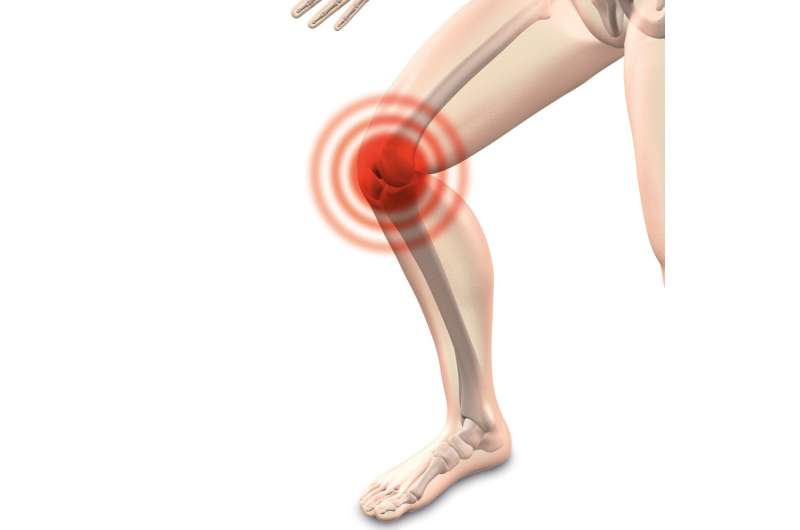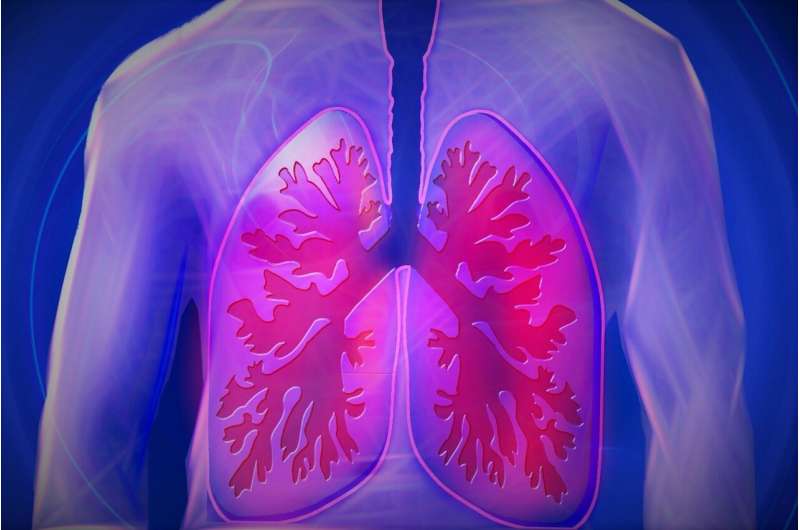Understanding Common Causes of Stomach Pain in Children

Explore the common causes of stomach pain in children, including constipation, food sensitivities, infections, stress, and motility disorders, and learn when to seek medical help.
Stomach discomfort is a frequent concern among children and adolescents. While occasional stomach aches are normal, persistent or recurrent pain warrants attention to identify underlying causes and determine appropriate care. Here are some common reasons why your child might experience stomach pain:
Constipation
Even children who have regular bowel movements can experience constipation if their stools become hard, infrequent, or difficult to pass. Factors like toilet training, changes in routines, or habitual holding can contribute. Signs include fewer than three bowel movements weekly, abdominal bloating, straining during bowel movements, or pain associated with defecation.
Food Sensitivities
Many kids react to certain foods, such as dairy, gluten, artificial additives, or overly greasy and sugary snacks. These sensitivities often manifest as gas, cramping, bloating, or other digestive upset after meals. Recognizing patterns between specific foods and symptoms can help in managing these sensitivities.
Infections and Gastrointestinal Viruses
Viral and bacterial infections are common causes of sudden stomach aches. These infections can cause symptoms like vomiting, diarrhea, fever, and dehydration. Most stomach bugs resolve on their own, but monitoring hydration and overall well-being is essential. Be cautious with remedies; for example, many store-bought ginger ales contain little real ginger and may aggravate symptoms—opt for proven options like electrolyte solutions or pediatric-approved medications.
Stress and Anxiety
Emotional factors significantly influence digestive health. Stress, anxiety, or emotional distress can trigger real physical symptoms in the stomach due to the close link between the gut and brain. Children may experience increased stomach pain before school or stressful events, alongside sleep disturbances or behavioral changes.
Motility Disorders
Some children have underlying issues with how their digestive system moves food efficiently, classified as motility disorders. Conditions such as gastroparesis (slow stomach emptying), achalasia, or Hirschsprung's disease cause ongoing symptoms like nausea, vomiting, early fullness, or abdominal discomfort. These conditions often require evaluation by a pediatric gastroenterologist.
When to Seek Medical Attention
Seek medical advice if your child shows symptoms such as severe or ongoing pain, persistent vomiting or diarrhea, blood in stool or vomit, green or bile-colored vomit, a distended or hard abdomen, fever, unexplained weight loss, or changes in behavior or growth. Prompt consultation can lead to diagnosis and management, ensuring your child's health and comfort.
Trust Your Healthcare Provider
Most stomach pains in children stem from benign causes. However, frequent or severe symptoms should be evaluated early. A healthcare professional can help identify the cause—whether functional or structural—and guide effective treatment to alleviate discomfort and ensure proper growth and development.
Source: https://medicalxpress.com/news/2025-08-child-stomach-common-pain-kids.html
Stay Updated with Mia's Feed
Get the latest health & wellness insights delivered straight to your inbox.
Related Articles
Urgent Call for Global Action to Prevent Future Pandemics Through One Health Approach
Urging global action, health experts emphasize the importance of the One Health approach to prevent future pandemics through coordinated efforts across human, animal, and environmental health sectors.
Enhanced Pre-Hospital Blood Pressure Monitoring to Prevent Brain Damage in Emergency Cases
Invasive arterial blood pressure monitoring in emergency care offers greater accuracy, potentially preventing brain damage in trauma patients. A recent KSS study highlights its importance for better treatment outcomes.
Air Pollution and Environmental Factors Linked to Lung Cancer in Never-Smokers
Emerging research links air pollution and environmental exposures to genetic mutations responsible for lung cancer in never-smokers, especially among women and Asian populations. Explore how pollution and herbal medicines may influence lung cancer risk without tobacco use.



